Khabar Khair (Only Good News)- Abdul Jalil Al-Salami
Youth empowerment is an integral part of development issues and providing them with opportunities and protection is a means of achieving inclusive and sustainable development, as they are the positive, productive force that could lead to change throughout the community to drive development and change for the better.
Population projections in Yemen showed that the youth represent 32 percent of the overall population in 2020, and they make up the majority of the labor force, which increases the importance of such group in the society.
The data on the growing number of young people of the overall population indicates the need to increase their economic, social, and service needs so that society can take advantage of their capabilities and make them the basis for development now and in the future.
A study entitled “Adolescents and Youth and Ways of Empowering Them Socially and Economically ” confirmed that Youth have too little access to economic resources and ownership of various financial and productive assets in Yemen, and it doesn’t commensurate with the number of this segment of the population nor with the capabilities they have.
The study issued by the Ministry of Planning and International Cooperation at the beginning of the year called for the importance of empowering youth; to secure their sustainable and regular livelihood, especially accessing to bank accounts and loans.
The study added “There is a proper organizational and institutional structure that can be built on in the future to enhance economic and social participation of this group of society,”.
The study stressed that adolescents and youth economic and social empowerment in Yemen should be used to take advantages of the creative and vital potentials that this segment of the population have.
Some statistical reports drew attention to the fact that 44.8% of young people were outside the education and training system as well as the labor market in 2013, while the unemployment rate among young people in the same year was about 33%.
Commercial and industrial enterprises ownership among young people under the age of 30 did not exceed 6% of the total private enterprises in Yemen until 2015.
According to some reports and surveys 50 percent of young workers work for others, while 27 percent work in family businesses.
Self-employed young people are about 20%, and young employers only 2% of the total young workers.
The study issued by the Ministry of Planning and International Cooperation – Economic Studies and prospects Sector – had submitted a set of proposals that may contribute to enhancing the economic and social roles of adolescents and youth in Yemen during the peacebuilding, reconstruction, and development phase.
The study, funded by UNICEF, called for strengthening the capacities of government institutions that provide support for adolescents and youth by strengthening aspects of partnership with international organizations and civil society NGOs on development and youth empowerment.
It noted the need to integrate the diverse needs of adolescents and youth related to the labor market into the state’s economic development policies and the development assistance provided by the donor community.
It also stressed the importance of cooperating with business clubs to establish business incubators for small and medium-sized enterprises and youth projects, for their important role in helping young people marketing their products and developing their productive and administrative capacities.
The study recommended that the government should ensure equality in accessing to finance by both male and female entrepreneurs and formulate a national strategy for microfinance to promote industry and create a wide, diverse comprehensive financial sector.
As well as enhancing access to technical and vocational training courses and improving their quality with civil society organizations and youth and community initiatives to raise awareness of the importance of vocational education and training.
It stressed the importance of working to involve adolescents and youth as active and key participants in the peace-building process – political negotiations – and reconstruction, in a way that contributes to improving their economic, political and security conditions.
It emphasized the importance of making use of the various media to educate young people about the promising economic and social sectors, funding opportunities available for youth, and how to qualify and take advantage of such opportunities.

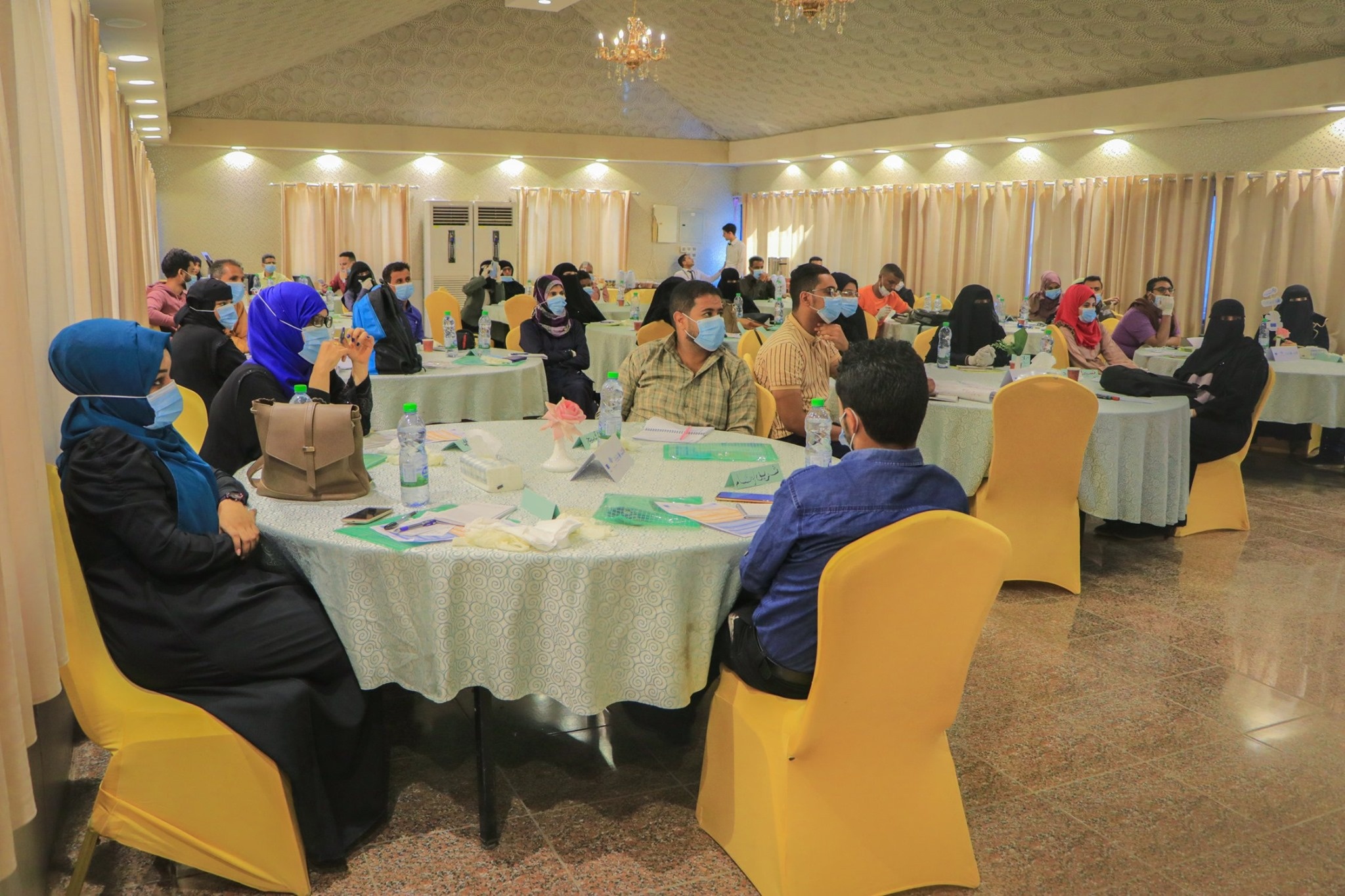

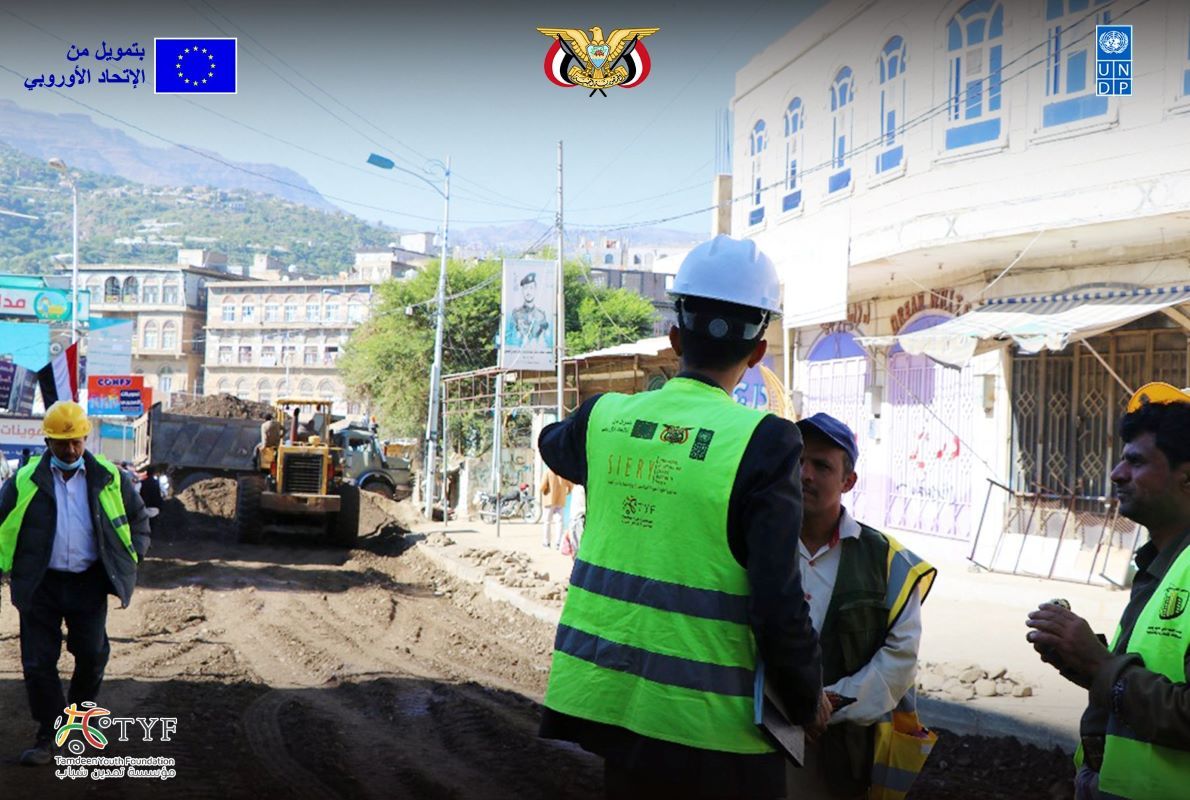
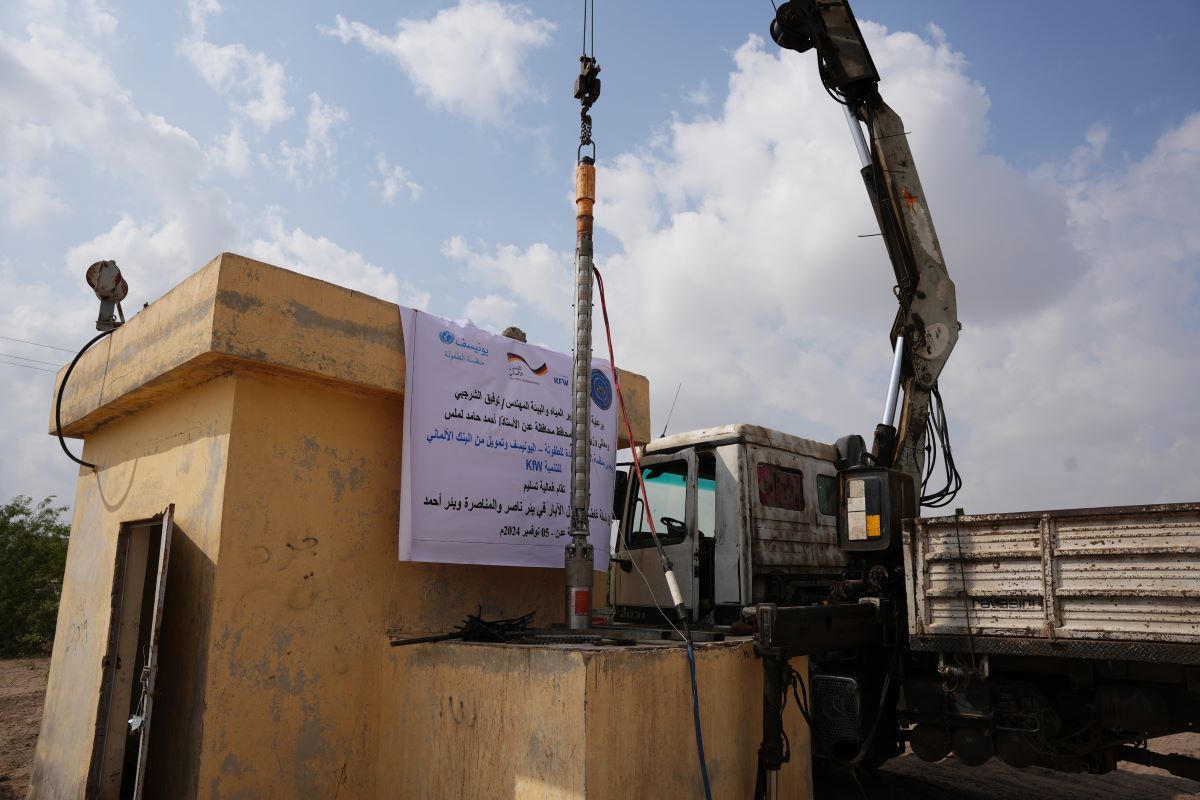
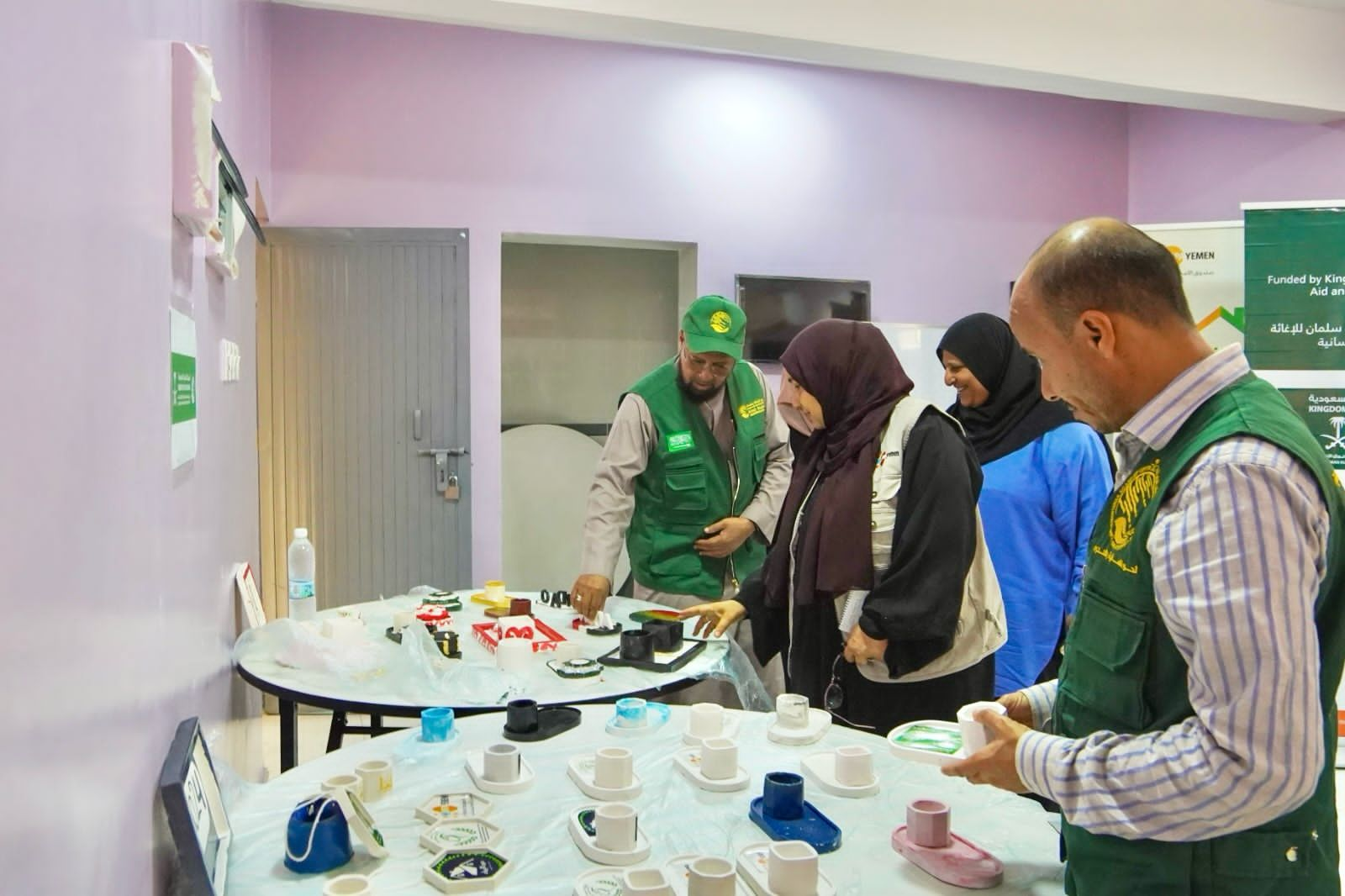
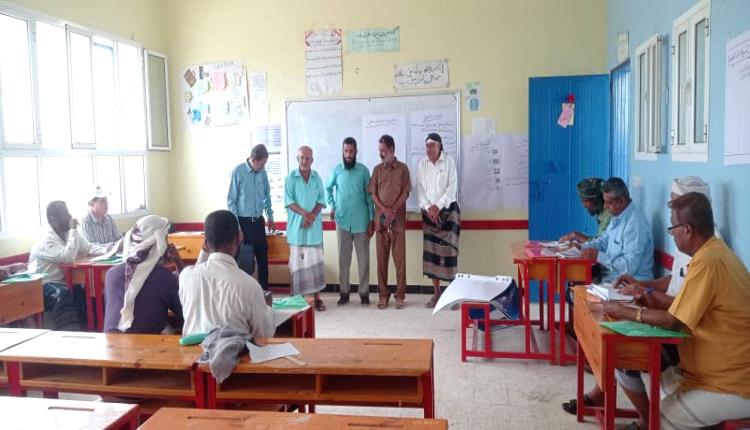
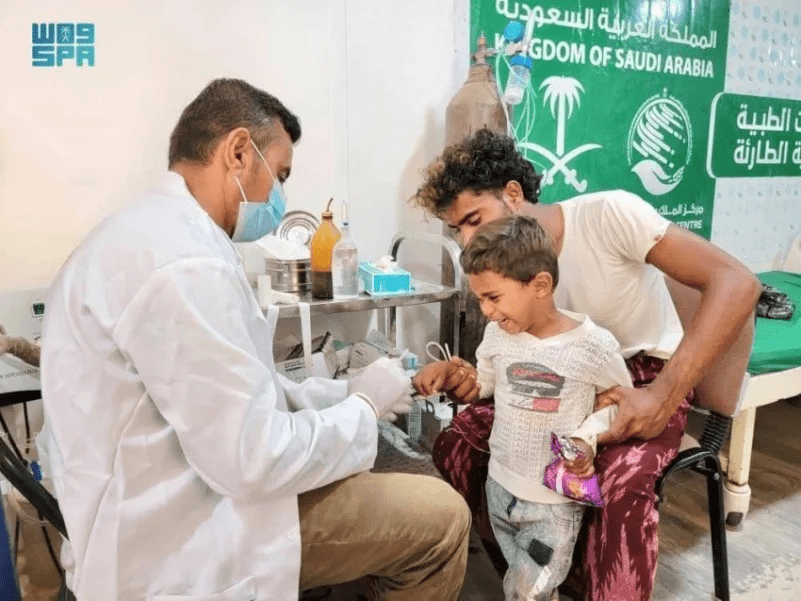

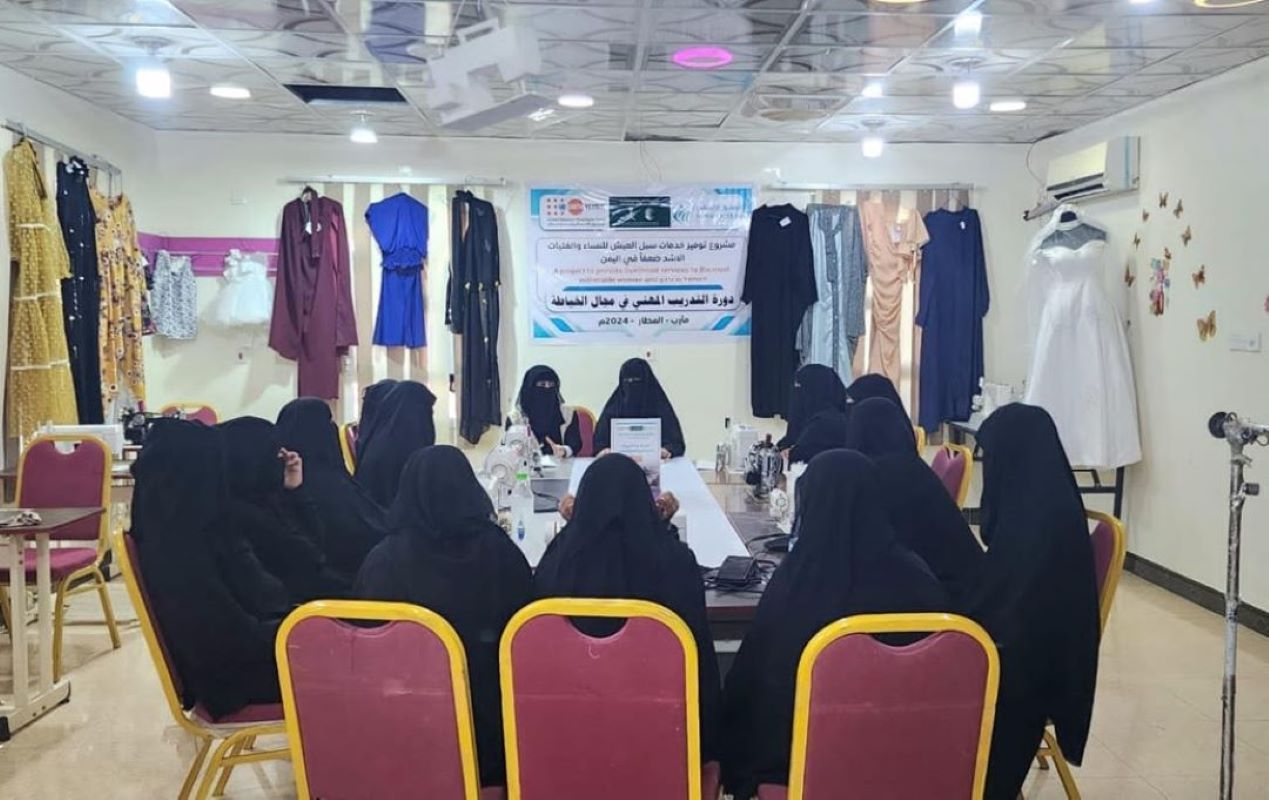
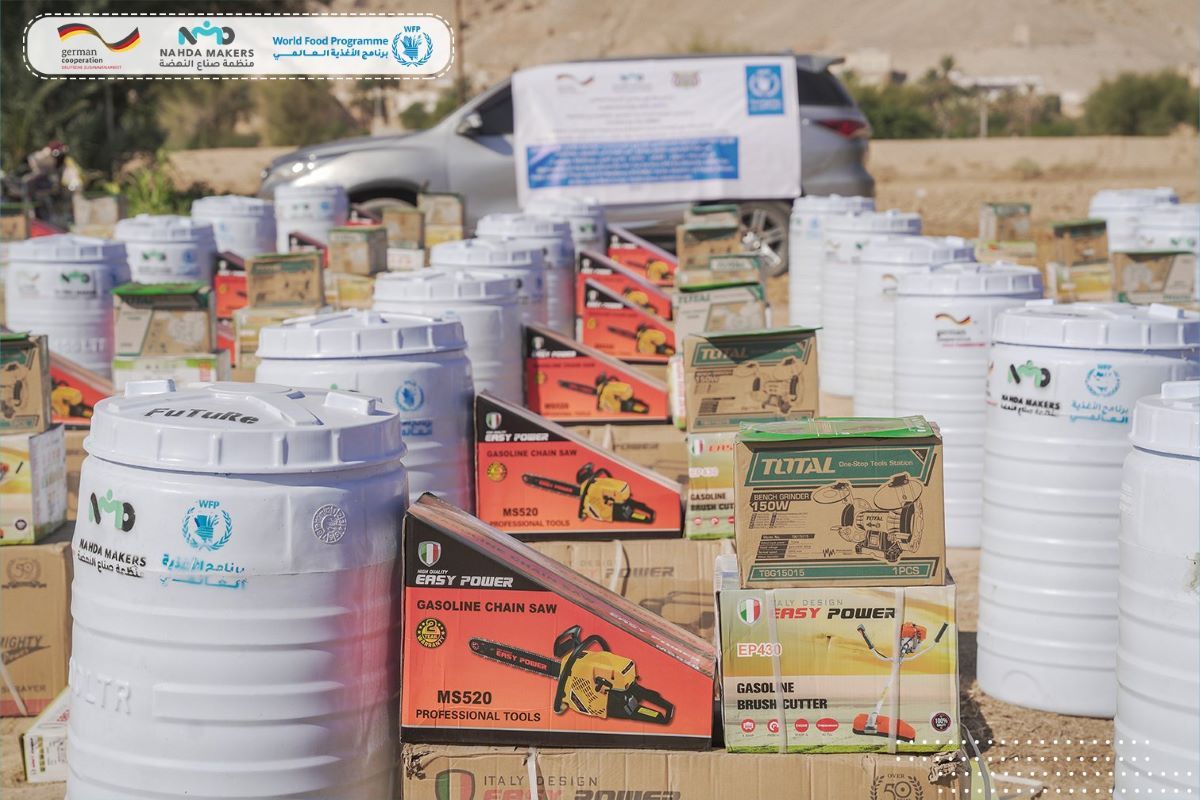
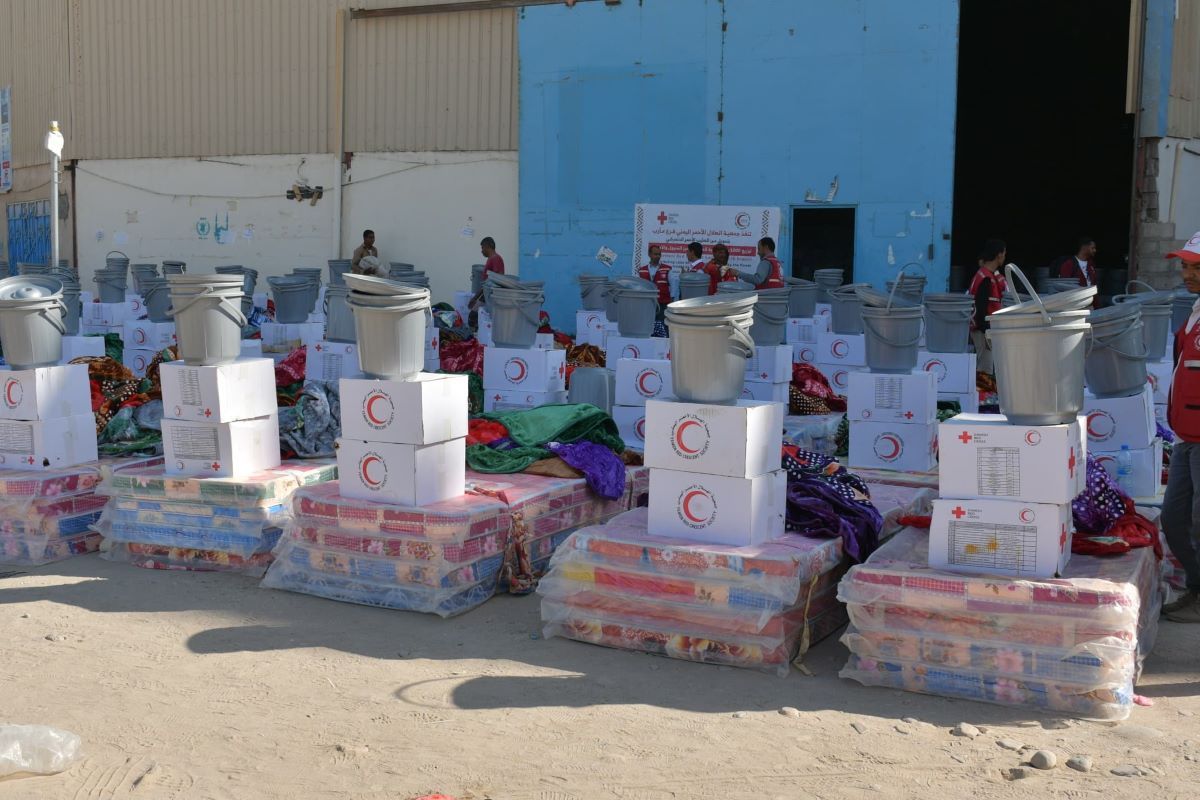
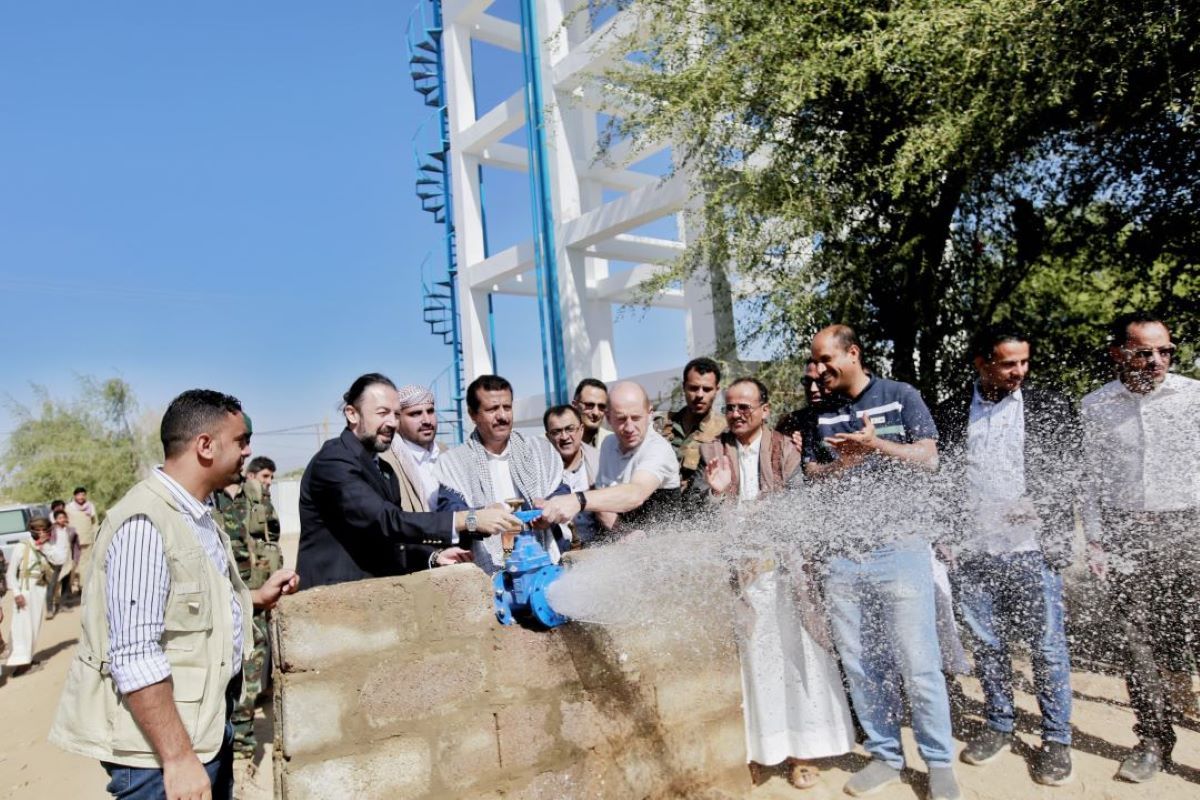
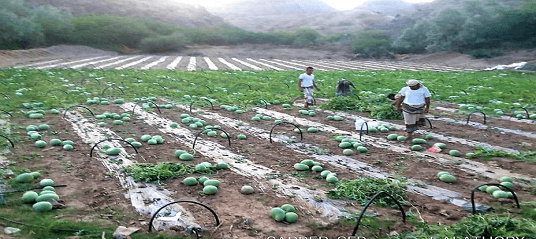
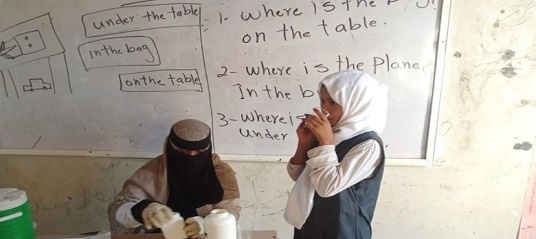
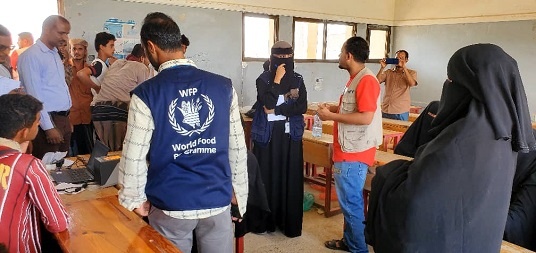
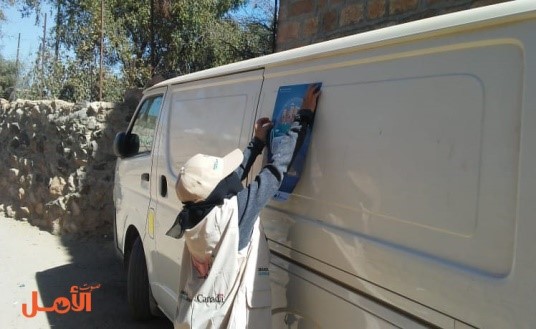
LEAVE A COMMENT